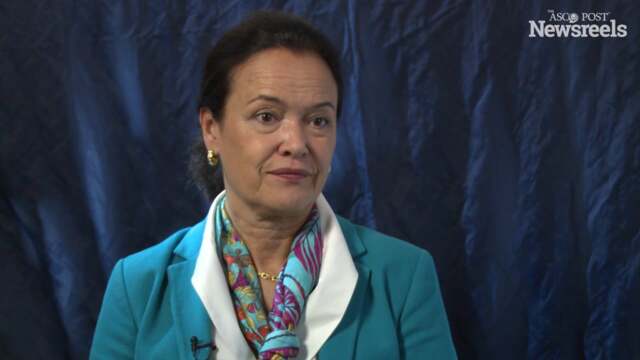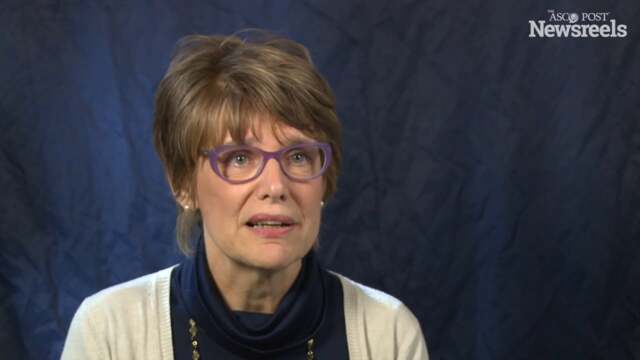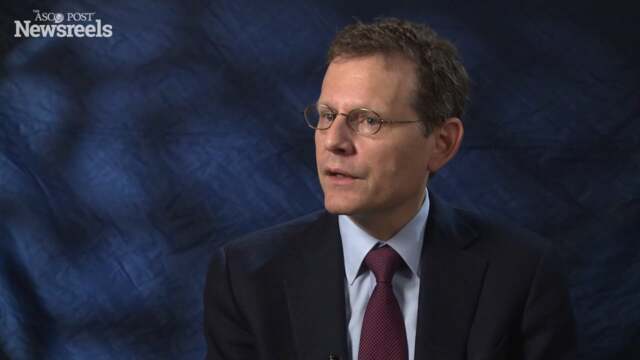Toni K. Choueiri, MD, on Cabozantinib vs Everolimus in Patients With Advanced Renal Cell Carcinoma
2015 European Cancer Congress
Toni K. Choueiri, MD, of the Dana-Farber Cancer Institute, discusses results of the phase III METEOR trial in advanced renal cell carcinoma, which evaluated the efficacy of cabozantinib compared to everolimus in patients with disease progression after VEGFR-targeted therapy (Abstract 4LBA).
Christoph Zielinski, MD
As Chair of the ECC Local Organizing Committee, Christoph Zielinski, MD, of the Medical University Vienna - General Hospital, shares his thoughts on the important goals and presentations of the 2015 Congress.
Martine J. Piccart-Gebhart, MD, PhD
Martine J. Piccart-Gebhart, MD, PhD, of the Jules Bordet Institute, and ECCO President, discusses ways in which imaging can form the solution to individualized cancer treatment.
Jonathan E. Rosenberg, MD
Jonathan E. Rosenberg, MD, of Memorial Sloan Kettering Cancer Center, discusses this pivotal study of an investigational immunotherapy that has shown increased and durable responses, with a relatively benign toxicity profile (Abstract 21LBA).
Milena Sant, MD
Milena Sant, MD, of Istituto Nazionale dei Tumori, discusses the question of whether Europe is doing better in cancer care since the 1990s (Abstract LBA1).
Clifford A. Hudis, MD
Clifford A. Hudis, MD, of Memorial Sloan Kettering Cancer Center, discusses this prospective study of endocrine therapy alone in patients with ER-positive, HER2-negative, node-negative breast cancer (Abstract 5BA).





